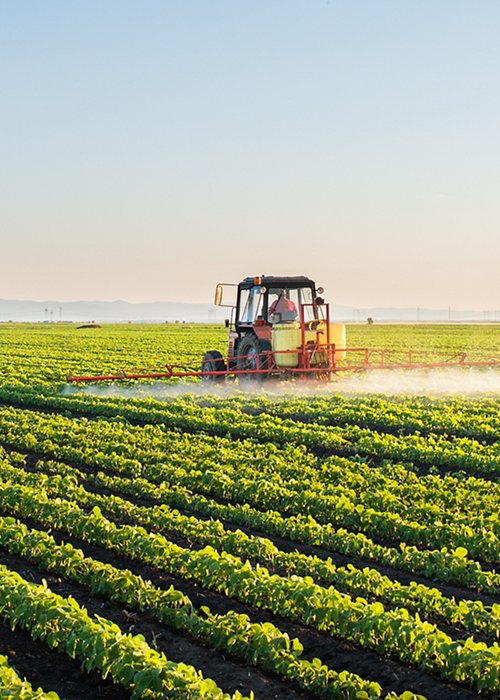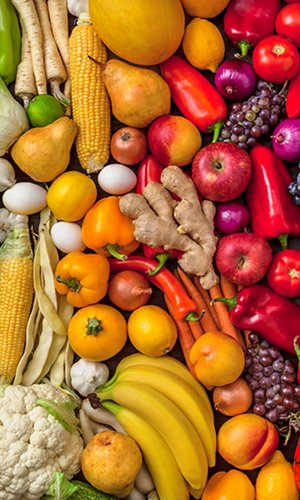The annual Stop Pesticides 2021 dossier, produced by Legambiente in collaboration with Alce Nero, has recently been published and presented; it is a document that gives an accurate picture of the use of pesticides in agriculture in Italy. In Italy, synthetic chemicals, used to protect crops from weeds, insects, fungi and the possible development of biotic diseases, are still employed extensively, although their use is declining.
The global health emergency we are currently experiencing obliges us, even more than ever before, to seriously consider the close link between cause and effect that exists between human beings and the planet. Without global systemic change, the health of the ecosystem will be permanently endangered. According to Legambiente and Alce Nero, there are viable alternative routes that could further reduce the use of pesticides: correct agronomic management practices, use of competing organisms, plant protection products of natural origin. The European Biodiversity and Farm to Fork strategies aim at the sustainability of the agri-food sector. The goal for 2030 is to reduce the use of pesticides and antibiotics in animal husbandry by 50% and fertilisers by 20%; 25% of agricultural land is to be dedicated to organic farming and 10% of agricultural land is to be used as buffer strips and areas of high biodiversity.
With 80,000 workers and 2 million hectares under cultivation (15% of the usable agricultural area), Italy is the European leader in organic farming. Final approval of the law on organic farming, which should be given soon, would be an important signal to stimulate the sector, make it more competitive and make Italy a leading example for Europe.
Some figures
From analysis of 2,519 samples of food of plant origin (including those deriving from beekeeping), the good news is that the percentage of non-conforming samples is very low (1.39%), while 63.29% are conformant and without residues.
Pesticide residues are mainly found in fruit: in table grapes (85.71%), pears (82.14%), strawberries (71.79%) and peaches (67.39%). The greatest non-conformancies are found in citrus fruits, small fruits and exotic fruits. As far as vegetables are concerned, tomatoes and peppers have high amounts of pesticides (60.20% and 48.15% of the analysed samples respectively). Among processed foods, wine (39.90%) and honey (20%) have the highest amount of permitted residues.




